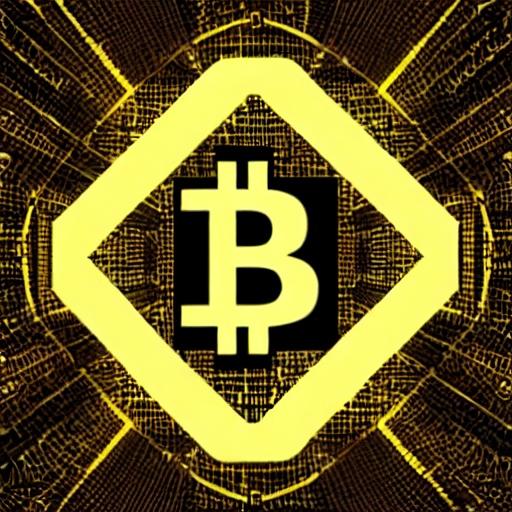With the rise of blockchain technology, a new concept called Non-Fungible Tokens (NFTs) has taken the world by storm. NFTs are revolutionizing the way we think about ownership, particularly in the digital realm. While traditional cryptocurrencies like Bitcoin and Ethereum are fungible, meaning each unit is interchangeable with another, NFTs are unique and indivisible.
Unlike physical assets, which can be bought, sold, and traded, digital assets have always posed a challenge when it comes to ownership. NFTs address this issue by utilizing blockchain technology to create a permanent and transparent record of ownership. Each NFT contains a unique set of data that distinguishes it from other tokens, making it impossible to replicate or counterfeit.
The concept behind NFTs can be compared to owning a one-of-a-kind artwork. Just as you can own an original Picasso painting that holds value, NFTs enable individuals to own and trade digital artworks, music, videos, virtual real estate, and even virtual goods within video games. By attaching unique identifiers to digital assets, NFTs provide a way for creators to monetize their work and ensure that their creations remain authentic.

To better understand the concept of NFTs, think of them as certificates of authenticity in the digital world. These tokens are minted on blockchain platforms like Ethereum, allowing artists, musicians, and other content creators to prove the ownership and scarcity of their works. The process typically involves converting digital files into NFTs through a process called tokenization, which permanently links the digital asset to a blockchain.
The implications of NFTs go beyond the art world. They open up new possibilities for content creators across various industries. Musicians, for example, can release exclusive songs or albums as NFTs, granting buyers unique access and ownership rights. Virtual real estate in virtual reality platforms and video game assets can also be tokenized, creating a virtual economy where users can buy, sell, and trade digital property much like in the real world.
Critics argue that NFTs are contributing to the growing problem of environmental impact caused by blockchain technology. The energy-intensive process of minting and trading NFTs has raised concerns about carbon footprint. However, efforts are being made to develop more environmentally friendly blockchain solutions to mitigate these concerns.
TAGS
blockchain, digital ownership, NFTs, blockchain technology, digital assets
